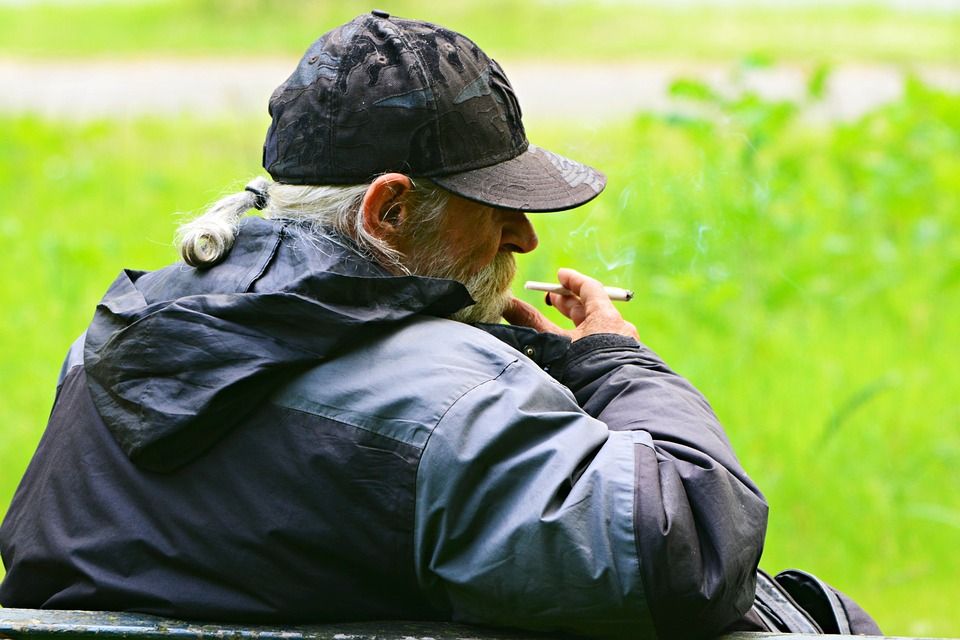A week away from the 2019 General Election, the red bloc is polling at 54.7 percent thanks to the popularity of its five parties: Socialdemokratiet (27.5), Enhedslisen (9.1), Radikale (7.3) SF (7.4) and Alternativet (3.4).
Such a result would enable S leader Mette Frederiksen to form a government, and Oddset believes a single-party option is the most likely (4/6). Next most likely is a government with SF (6/1) and Venstre (11/1).
A repeat of the last red bloc government − S, SF and Radikale − is 15/1, as is the possibility of S going it alone with Radikale.
Blue bloc in the 30s
The blue bloc regulars, meanwhile, are polling at 38.1 percent: V (18), Dansk Folkeparti (11.6), Konservative (4.9) and Liberal Alliance (3.6).
Were they to pull off mission impossible, they would need the support of the other four blue parties – Stram Kurs (2.7), Nye Borgerlige (2.5), Kristendemokraterne (1.5) and Klaus Riskær Pedersen (0.5) – which account for the other 7.2 percent.
Stram Kurs is strongly tipped to win at least one seat (2/5), with the odds shortening on Kristendemokraterne (6/4) joining them, but V has already ruled out including the former in any majority, while the latter has not been part of a V-led coalition since 1988 (or any coalition since 1994).
Lefty Copenhagen
Enhedslisten, meanwhile, is tantalisingly close to becoming the most popular party in Copenhagen. It is polling at 19.2, according to Megafon, just behind S on 19.8.
As the numbers suggest, the left bloc is dominating in the capital with control of two-thirds of the vote.
Radikale and SF are also putting up strong numbers compared to 2015, while Alternativet and blue bloc parties Dansk Folkeparti and Liberal Alliance are struggling.
Arresting Arendt in charge

Kristendemokraterne hasn’t won over 2 percent of the votes in an election since 2005 – the minimum needed to win at least one seat – but a change in leadership has recently galvanised the party. Since 26-year-old deputy leader Isabella Arendt replaced an ill Stig Grenov and performed strongly during a recent TV debate, interest in the party has soared.
Homeless handout idea
Among the policies presented by Alternativet is a plan for tackling homelessness. The left-wing party wants to give 50,000 kroner to every homeless person in Denmark – funds they can do with as they wish in co-operation with the municipality. With 6,635 homeless people in Denmark, the plan would cost 331.75 million kroner.
Frederiksen favours Facebook
Socialdemokratiet is spending the most on Facebook campaigns this election – in the week May 14-20 it spent 325,000 kroner out of a total spend of 1.2 million, followed by Konservative (210,000) and Venstre (200,000). S leader Mette Frederiksen spent 160,000 kroner – way ahead of Lars Løkke Rasmussen on 6,000.
Help from within
Only 66 percent of immigrants and their descendants voted in the 2015 General Election, compared to around 85 percent of ethnic Danes, and Youssef Idiab, a Socialdemokratiet municipal councillor with a Palestinian background, has told DR that more people like himself need to remind their relatives and friends to vote so they get a say on how their taxes are spent.
More voting by mail
In the 2015 General Election, over 300,000 Danes voted by mail – 9 percent of all votes registered – and the trend is expected to continue. The option is most popular in the Capital Region and small island municipalities such as Ærø and Samsø. Gentofte (16.7) had the highest share in 2015 followed by Frederiksberg (15) and Rudersdal (14.3).
Unfair on pensioner smokers

Socialdemokratiet wants to raise the cost of cigarettes for young people. Its leader Mette Frederiksen is concerned that a price hike would hit pensioners. Cancer advocacy group Kræftens Bekæmpelse praised the sentiment, but questioned how it would be administered, arguing instead for a general rise from 40-50 kroner a pack to 60-65 – and preferably 90.
Public back rivals together
Some 47 percent of Danes are not adverse to Socialdemokratiet and Venstre teaming up to form the next government, according to a Megafon survey for TV2, with only 37 percent completely or mostly against it. PM Lars Løkke Rasmussen suggested the option on May 17, but S leader Mette Frederiksen rejected it.
Costly Hitler moustache
With thousands of election posters on the streets, night-time revellers are often tempted into defacing them. Many, though, are unaware that according to Paragraph 291, Section 2 of the Penal Code, the maximum sentence for vandalism is six years. However, if it cannot be proven the damage was politically motivated, offenders are normally fined 800-1,500 kroner.
Lars talks tough on EU
Danish PM Lars Løkke Rasmussen has been busy making EU-related pledges in a bid to win back votes. First off, he wants a referendum on Denmark’s opt-out on the common security and defence policy – one of four held by Denmark in areas of EU co-operation. And he wants permission from the union to make the temporary controls at the German border permanent.
Lost faith in politicians
Confidence in Parliament fell from 68 to 55 percent between 2008 and 2017, according to an Aalborg University analysis of Danmarks Statistik data. Confidence has particularly sagged among the lowest-educated and lowest-paid, with many blaming broken election promises and out-of-touch politicians.











